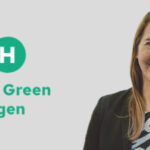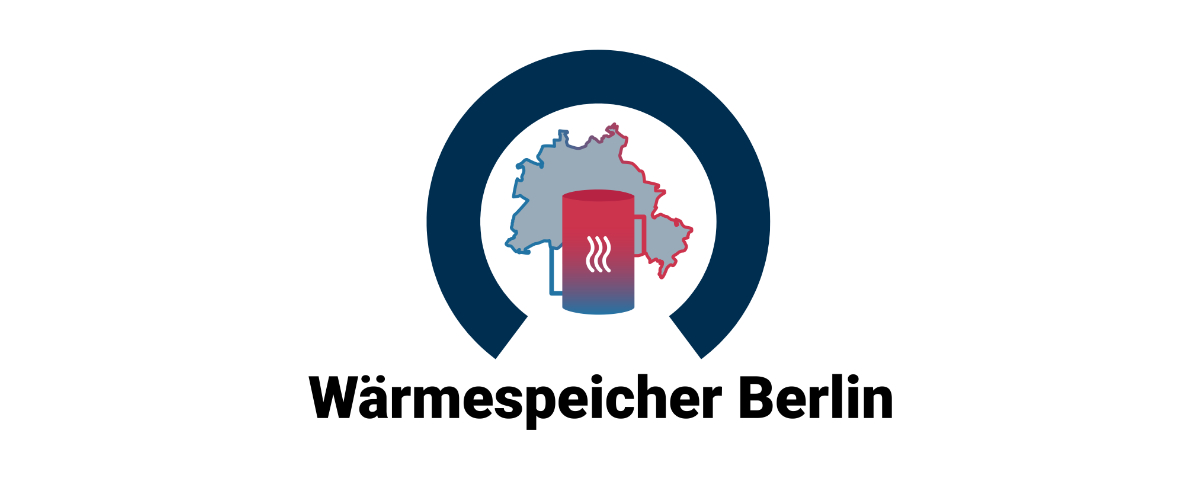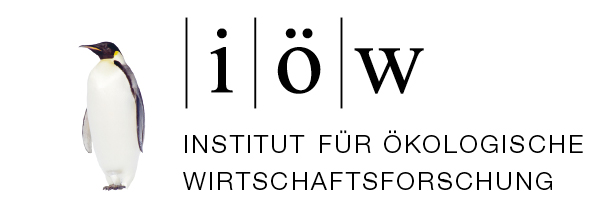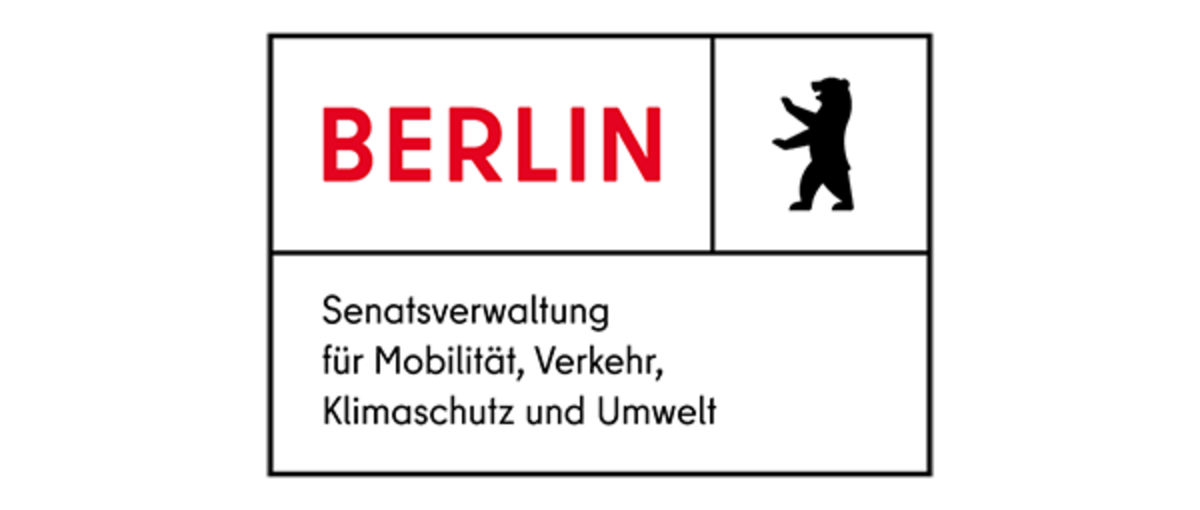
Kathrin Goldammer elected board member of Women in Green Hydrogen
19. March 2024
21.03. | 6th Korean-German Energy Day
21. March 2024Potential of heat storage for the state of Berlin

In this project, RLI scientists and project partners are analyzing the potential and demand for heat storage in Berlin. They also determine the resulting space requirements for the status quo up to the climate-neutral heating system in 2045. The experts develop measures and instruments for the development and implementation of heat storage systems in Berlin.
The role of storage in the transformation of the heating sector
Various heat storage systems play a central role in the transformation of Berlin's heating sector. Short-term heat storage systems improve load management for the adjustment of electricity consumption and increase the efficiency of the energy system through sector coupling of heat and electricity. Long-term heat storage systems make it possible to store excess renewable energy in months with lower heating demand in order to use it during the heating period. This leads to an increase in the renewable coverage ratio in the heat supply. This is the proportion of the heating requirement that can be covered by renewable energy (or waste heat).
Use cases and storage technologies
The project team identifies relevant use cases for the use of heat storage systems and links these to suitable storage technologies. The experts also analyze the legal framework and economic parameters of the storage technologies.
Analysis and evaluation of storage systems
For their analysis, the scientists use decarbonization roadmaps from heating network operators, studies on the development of decentralized heat pumps in Berlin, basic geodata and forecasts and assumptions on the development of district heating networks. At the same time, the team identifies influencing factors and obstacles based on case studies and relevant stakeholders, such as district heating network operators, operators of small local heating networks and housing cooperatives. With the help of simulations of these case studies, the team can analyze and evaluate various heat storage systems based on technical, energy, economic and ecological parameters.
See also: https://www.berlin.de/sen/uvk/klimaschutz/waermewende/gesamtstaedtische-waermeplanung/potenzialanalysen/ermittlung-der-waermespeicherpotenziale/
Project period: January 2024 - December 2024
The role of storage in the transformation of the heating sector
Various heat storage systems play a central role in the transformation of Berlin's heating sector. Short-term heat storage systems improve load management for the adjustment of electricity consumption and increase the efficiency of the energy system through sector coupling of heat and electricity. Long-term heat storage systems make it possible to store excess renewable energy in months with lower heating demand in order to use it during the heating period. This leads to an increase in the renewable coverage ratio in the heat supply. This is the proportion of the heating requirement that can be covered by renewable energy (or waste heat).
Use cases and storage technologies
The project team identifies relevant use cases for the use of heat storage systems and links these to suitable storage technologies. The experts also analyze the legal framework and economic parameters of the storage technologies.
Analysis and evaluation of storage systems
For their analysis, the scientists use decarbonization roadmaps from heating network operators, studies on the development of decentralized heat pumps in Berlin, basic geodata and forecasts and assumptions on the development of district heating networks. At the same time, the team identifies influencing factors and obstacles based on case studies and relevant stakeholders, such as district heating network operators, operators of small local heating networks and housing cooperatives. With the help of simulations of these case studies, the team can analyze and evaluate various heat storage systems based on technical, energy, economic and ecological parameters.
See also: https://www.berlin.de/sen/uvk/klimaschutz/waermewende/gesamtstaedtische-waermeplanung/potenzialanalysen/ermittlung-der-waermespeicherpotenziale/
Project period: January 2024 - December 2024
The RLI assumes the following tasks:
- Presentation of the functionality of different types of heat storage systems and identification of suitable storage technologies for the use cases in Berlin
- Recording and description of existing and planned heat storage facilities in Berlin
- Definition of relevant use cases; linking with suitable heat storage technologies.
- Development of specific case studies with the SenMVKU and relevant stakeholders
- Model creation, optimization, analysis and evaluation of the case studies in different use cases with and without storage
- Identification of storage requirements and derivation of space requirements as well as conclusions on locations
- Formulation of measures and instruments to support the expansion of heat storage facilities









